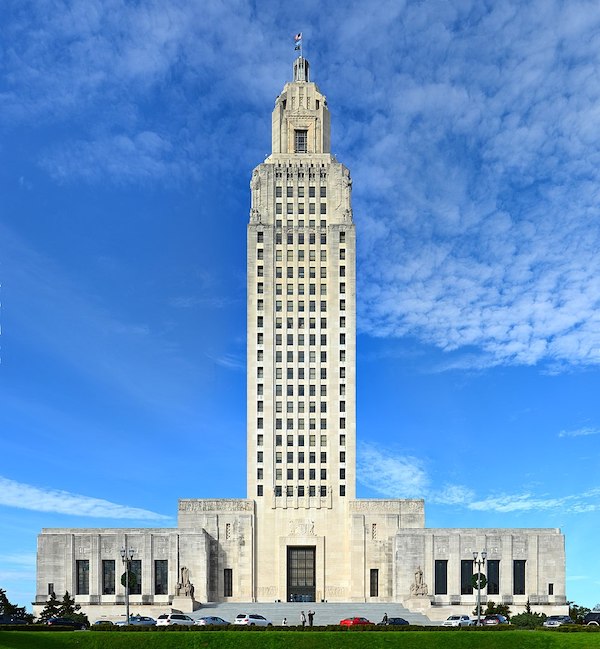
Scientists: Terrebonne, Barataria toxins on the rise
July 9, 2014
Alleged hostage slayer indicted
July 9, 2014The Terrebonne Parish School Board unanimously approved the district’s $205.6 million spending plan for the 2015 fiscal year, a budget that provides a net gain in teaching positions for the first time in five years.
District Superintendent Philip Martin has said the plan is essentially a “status quo budget” and indicative of the district finding stable ground after years of climate-induced budget slashing.
Overall, spending is projected at a 1 percent decline from 2013-14, a reduction mostly attributable to the district’s account for federal grants, in which revenues are expected to decline by $2.8 million.
General fund spending, at $128.1 million, is budgeted at a more than 5 percent-increase from 2013-14. That hike outpaces a forecasted 2.2-percent increase in general-fund revenues, a difference the district will compensate for by drawing $1.2 million from its fund balance.
The cushion will then decrease to about $11.1 million, roughly 8.7 percent of anticipated 2015 revenue. The state Department of Education recommends that districts strive for their fund balances to be at least 7.5 percent of total revenues, and finance director Becky Breaux said it would ideally be 10 percent. About $9.4 million of the fund balance is unassigned.
No capital projects are budgeted this year, as sales tax revenue for that purpose is dedicated to paying down the interest-free debt accrued to build Grand Caillou Middle and the freshman center at H.L. Bourgeois High.
The district’s roster of certified teachers will increase by 13 positions to 1,174. Included in the net gain are 19 new elementary positions and four secondary positions, while six kindergarten positions will be closed. Breaux said the reallocation of teachers is necessary to accommodate subtle population shifts and meet class-size requirements.
Terrebonne will pick up the tab for several positions that were formerly paid for by grants, like a curriculum specialist and a specialist in STEM previously paid with Race to the Top funds. One completely new position is a testing and accountability coordinator.
Still, the overall number of teachers, at 1,174, and the overall personnel level, at 2,362, remain less than staffing even two years ago, so it is far from a complete rebound. Slow employment growth is projected through 2017-18, when the personnel count could reach 2,400, but even that level would be 15 percent less than the 2,830 employed in 2009-10.
The district will pay $151.3 million in salaries and benefits in the upcoming year – the district ranked 47 of 69 districts in the state in 2011-12 in terms of average teacher pay. Teachers and employees last received a district-wide raise in 2007.
District’s dreamed scholarship program hits snag
Martin’s previously announced plan to create an endowment fund to provide scholarships to prospective educators in return for their commitment to spend a few years teaching in the school system has been rebuffed by the state’s legal authority.
Martin floated the idea in March and asked for an opinion from the state attorney general’s office.
“We plan to abide” by the law, Martin said, but the district’s attorney will resubmit the question to the attorney general’s office in attempt to clarify some details. Martin also said other Louisiana school boards have “frequently” championed similar initiatives. “This is not an unusual or strange concept.”
The proposal was framed as a way to combat a local shortage of certified teachers – last year there were more than 60 vacant positions at one time – by structuring the scholarship program as a loan forgiveness program, where college is ultimately free for educators who spend an agreed-upon amount of time in the Terrebonne system.
But the attorney general’s office said school districts do not have the expressed legal authority to use public money to fund private scholarships.
“Our office has previously opined that in order for a public entity to use public funds to provide scholarships to private individuals, the public entity must have the statutory authority to expend its funds for that specific purpose,” wrote Lindsey Hunter, an assistant attorney general.
“The powers and duties of local public school boards are set forth in La. R.S. 17:81 and do not include the authority to provide scholarships or otherwise defray the costs associated with educating future educators,” the opinion reads. “Our research did not reveal any authority which would permit a local public school board to provide scholarships to high school students pursuing an education and career in the field of education.”







